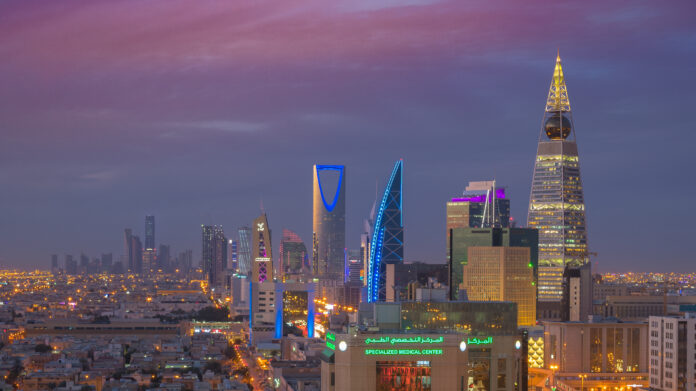Human Rights Watch (HRW) has raised concerns over the inaugural Riyadh Comedy Festival, accusing Saudi authorities of using the event to deflect attention from widespread human rights violations.
The festival, scheduled from September 26 to October 9 in the Saudi capital, coincides with the seventh anniversary of journalist Jamal Khashoggi’s assassination. HRW described the timing as an attempt to whitewash the kingdom’s record on freedom of expression.
Joey Shea, a researcher on Saudi Arabia at HRW, urged participating comedians to leverage their platforms, stating that “comedians receiving hefty sums from Saudi authorities shouldn’t be silent” but should advocate for the release of detained activists.
The rights organization highlighted cases such as Waleed Abu al-Khair and Manahel al-Otaibi, both imprisoned for their activism, and Turki al-Jasser and Abdullah al-Shamri, executed for their critical commentary. HRW noted that letters were sent to several festival performers, seeking engagement on these issues, but no responses were received.
Among those initially scheduled to perform was American comedian Tim Dillon, who claimed on his podcast that he was removed from the festival lineup after making jokes about Saudi Arabia “having slaves.”
The festival will feature over 50 comedians, including internationally renowned figures such as Kevin Hart, Dave Chappelle, Aziz Ansari, Pete Davidson, and Jimmy Carr. Organizers have promoted the event as the “world’s largest comedy festival,” aligning it with Saudi Arabia’s Vision 2030 plan to diversify the economy and promote tourism.
Human rights groups have expressed growing alarm at the surge in executions in Saudi Arabia, with the country continuing to criminalize criticism of Islam and government authorities. Riyadh is not a signatory to major international conventions protecting freedom of speech, including Article 19 of both the Universal Declaration of Human Rights and the International Covenant on Civil and Political Rights.
The Riyadh Comedy Festival is part of a broader strategy by the Saudi government to attract international attention and investment. Critics argue, however, that the spectacle risks normalizing repression by diverting attention from ongoing abuses and systemic suppression of dissent.
As the festival approaches, HRW continues to call on performers to use their visibility to address human rights concerns, suggesting that silence in the face of injustice may contribute to Saudi Arabia’s ongoing pattern of oppression.
This article was created using automation technology and was thoroughly edited and fact-checked by one of our editorial staff members

